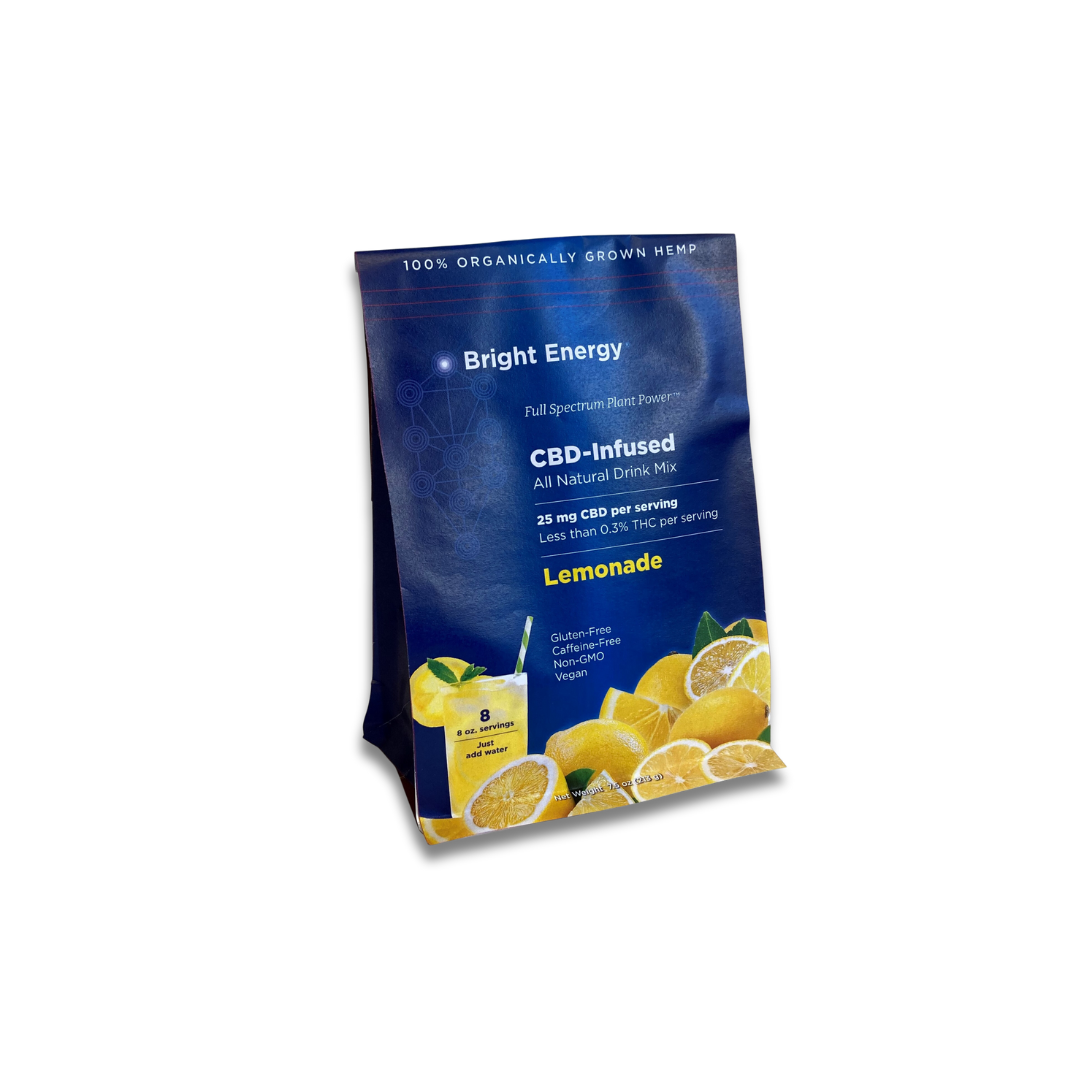What Does Full Spectrum CBD Oil Mean?
You’ll find a lot of industry-specific words when you start shopping around for CBD oil. One of these is “full-spectrum” CBD oil. What does that mean, though? Is it a good thing?
What It Means
Full-spectrum CBD oil is also called whole-plant CBD oil. What that means is that all the cannabinoids and terpenes (see our blog about terpenes) from the plant are extracted and used in the prepared formulation – not just CBD alone. The benefit of having all the cannabinoids and terpenes along with CBD is that they make the CBD more effective than just having the CBD by itself. This is called the Entourage Effect. Using a full-spectrum CBD oil means you will see results quicker and more extensively than either “broad-spectrum CBD” or “CBD isolate”.
Broad-spectrum means that the product is formulated with all the cannabinoids and terpenes in the plant, with the exception of THC, the cannabinoid most well-known for its psychoactive effects. While a broad-spectrum product is not as effective as a full-spectrum product, it may be useful to those who regularly get tested for THC such as pilots and teachers. You will need more broad-spectrum product to get the same effect as a full-spectrum product, so do not let the lower price of a broad-spectrum product make you think you are getting a better deal.
CBD isolate means that the product contains CBD and none of the other cannabinoids or terpenes. This is sometimes referred to as “pure” CBD, which it is, but this product is not as effective as either the broad-spectrum or the full-spectrum product. CBD isolate is usually the cheapest of the three formulations, but, once again, don’t let the price fool you. You will need a lot more of it in order to gain the same benefit as either the broad-spectrum or the full-spectrum.
The Question of THC
THC is the psychoactive substance responsible for giving you a “high”. It is also screened for during drug testing, and therefore you might not want it in your CBD oil, although it can be quite therapeutic. Studies consistently show that CBD combined with even very low amounts of THC, and other cannabinoids and terpenes, can provide additional benefits, in what scientists dub the Entourage Effect.
Does that mean full-spectrum CBD oil should be off the table for those who don’t want THC? Not really. The Federal Farm Bill of 2018 states that for full-spectrum CBD to be legal, it must be sourced from hemp and contain only 0.3% or less THC. This is too little for anyone to experience a high. So, if you buy your full-spectrum CBD from a reputable company, you do not need to worry that you will get high from the product. If you do not want THC in your formulation because you are required to take drug tests, .3% THC generally does not show up on drug tests. However, depending on how the test equipment is calibrated, some very sensitive test equipment may be able to detect THC in a blood test. For those who concerned about THC showing up in a drug test, a broad-spectrum formulation may be the best option.
Is CBD Isolate a Better Option?
If you’re on the market for CBD oil, then a CBD isolate sounds promising, as it is usually advertised as “pure” and the price is generally inexpensive compared to either full-spectrum or broad-spectrum. A CBD isolate formulation is less effective without the benefit of the Entourage Effect, and you will need to buy a lot more of it to make up for the lack of other cannabinoids and terpenes in the formulation. So, any price advantage you thought you had will quickly evaporate. If you absolutely can’t have any THC in your product, a broad-spectrum product is far superior to a CBD isolate product.
When it’s all said and done, full-spectrum CBD oil offers the most potential and best value.


